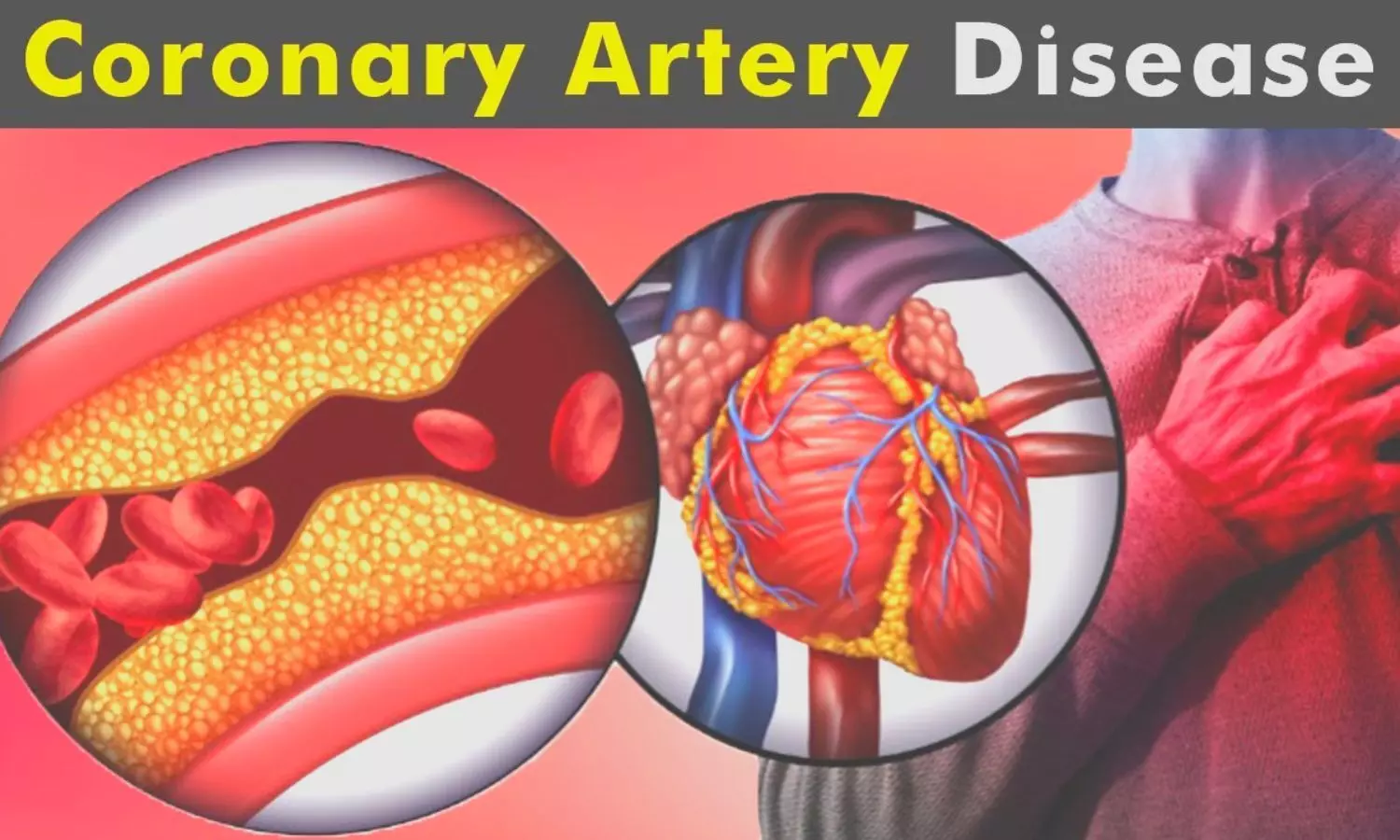Pitavastatin promising for reducing risk of cardiovascular disease in people with HIV: REPRIEVE substudy

USA: A recent analysis of the REPRIEVE trial revealed pitavastatin to be promising in reducing noncalcified coronary plaque as well as markers of lipid oxidation and arterial inflammation among people with HIV at low to moderate cardiovascular (CV) risk. The study findings were published online in JAMA Cardiology.
The substudy of the REPRIEVE randomized clinical trial (RCT) comprising 611 people with HIV (PWH) showed that the pitavastatin arm had a significant 7% relative reduction in noncalcified plaque compared with the placebo arm. Pitavastatin use was linked with decreased oxidized low-density lipoprotein cholesterol (LDL-C) and lipoprotein-associated phospholipase A2.
Previous studies have shown that people with HIV are at a 1.5-fold to 2-fold risk of major adverse cardiovascular events (MACE), including stroke and myocardial infarction, and develop coronary artery disease (CAD) at an earlier age versus people without HIV. Premature CAD in PWH is characterized by increased noncalcified coronary plaque, which may contribute to increased CV events. As PWH are more likely to die of non–HIV-related causes, including cardiovascular disease, it is critical to develop a strategy to improve CAD and CV outcomes in people with HIV.
REPRIEVE is a phase 3 multicenter randomized clinical trial of oral pitavastatin calcium, 4 mg per day, versus matched placebo for primary prevention of atherosclerotic CVD (ASCVD) events in people with HIV at low to moderate risk for ASCVD. The trial showed that over a median of 5.1 years, an effect beyond that anticipated from LDL cholesterol reduction alone.
Against the above background, Michael T. Lu, Massachusetts General Hospital, Harvard Medical School, Boston, and colleagues designed the mechanistic substudy embedded within REPRIEVE to determine potential statin effects to reduce noncalcified plaque progression and volume as evaluated by entry and 2-year coronary computed tomography angiography (CTA). Moreover, the substudy sought to identify effects on lipid parameters and circulating biomarkers of inflammation.
The study included PWH without known CVD who were taking antiretroviral therapy and had low to moderate 10-year CVD risk.
The study led to the following findings:
- Of 804 enrolled persons, 774 had at least one evaluable CTA.
- Plaque changes were assessed in 611 who completed both CT scans. Of 611 analyzed participants, 84.0% were male, the mean age was 51 years, and the median (10-year CVD risk was 4.5%. 302 were included in the pitavastatin arm and 309 in the placebo arm.
- The mean noncalcified plaque volume decreased with pitavastatin compared with placebo (mean change, −1.7 mm3 vs 2.6 mm3; baseline adjusted difference, −4.3 mm3; 7% greater reduction than placebo).
- A larger effect size was seen among the subgroup with plaque at baseline (−8.8 mm3).
- Progression of noncalcified plaque was 33% less likely with pitavastatin compared with placebo (relative risk, 0.67).
- Compared with placebo, the mean low-density lipoprotein cholesterol decreased with pitavastatin (mean change: pitavastatin, −28.5 mg/dL; 95% CI, −31.9 to −25.1; placebo, −0.8; 95% CI, −3.8 to 2.2).
- The pitavastatin arm had a reduction in both oxidized low-density lipoprotein (−29% vs −13%) and lipoprotein-associated phospholipase A2 (−7% vs 14%) compared with placebo at 24 months.
“In people with HIV at low to moderate CVD risk, 24 months of pitavastatin reduced noncalcified plaque volume and progression, and markers of lipid oxidation and arterial inflammation,” the researchers wrote. “These changes may contribute to the observed MACE reduction in REPRIEVE.”
Reference:
Lu MT, Ribaudo H, Foldyna B, et al. Effects of Pitavastatin on Coronary Artery Disease and Inflammatory Biomarkers in HIV: Mechanistic Substudy of the REPRIEVE Randomized Clinical Trial. JAMA Cardiol. Published online February 21, 2024. doi:10.1001/jamacardio.2023.5661
